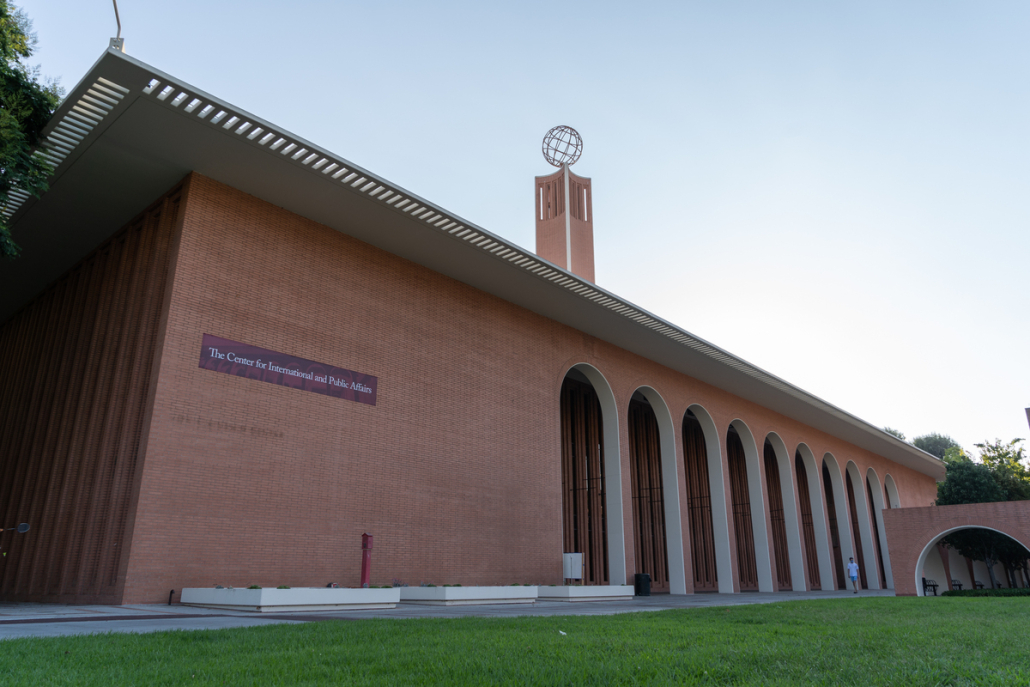USC’s language requirement is incomprehensible

Eighty-one thousand, six hundred fifty-nine dollars.
According to USC, this is the estimated cost of attendance for the 2021-2022 school year before financial aid. For eight four-credit courses, this comes to over $10,000 per course. This is already a steep cost, but for students of the Dornsife College of Letters, Arts and Sciences, it comes with a surcharge — the language requirement.
For many students, the language requirement is no issue. Taking Advanced Placement language courses in high school or language competency exams fulfills this requirement. However, students who don’t have access to these options have additional obstacles before they even step foot on campus.
Without the language requirement already fulfilled, students must earn a passing grade for three foreign language courses, stripping them of the opportunity to explore three other courses of their choosing and paying over $30,000 to satisfy this stipulation in their degree. While students can test into a higher level and potentially take one semester instead of three semesters, that is still the equivalent of $10,000.
Access to AP courses is a huge roadblock for many — as of 2015, 47.2% of rural school districts do not have students enrolled in AP classes, let alone language AP courses, as opposed to 2.6% of urban districts. Students from rural backgrounds are already more likely to be in disadvantaged situations as opposed to their urban counterparts, facing higher poverty rates, less internet access and less access to mental health care. Low-income schools and marginalized communities are not offered the same access to language courses compared to white, affluent schools. To expect all students to fulfill the language requirement with an uneven playing field sways overwhelmingly in the favor of students with greater access to the relevant resources and gives students who are already at a disadvantage one more hurdle to overcome.
Even multilingual students may not have their language requirement fulfilled — the USC language competency exams account for 40 languages, 21 of those being European languages, leaving those who speak languages outside of that list stuck with the requirement.
As an alternative, USC accepts is the University of Pennsylvania language proficiency test which accounts for 46 languages, 11 being European. These language exams benefit a plurality of European language speakers, again putting mostly non-European speakers at a disadvantage.
As a speaker of three non-English languages, two of them not being represented in either of the exams shows the narrowness of the USC language requirement and the requirement’s poor implementation.
While having another language at your disposal is an invaluable skill, potentially opening new worlds and opportunities for students, the way that Dornsife is managing language requirements does more harm than good. After completing the language courses, many students have little to no reason to maintain their knowledge of that language, especially if it is not associated with their occupation or study.
The Dornsife language requirement gives an upper hand to those who already benefit from better access to resources and widen the gap between them and those who already are behind. This arbitrary requirement, stops students from exploring courses they want and delving deeper into fields they’re interested in, and worst of all, may be the difference between them getting a degree or not.
Education is an avenue for students to discover what they love and to learn as much as they can about it, not to get bogged down by obligations that are not relevant to them.
Although Dornsife is most known for this requirement, many other USC majors have the same language requirement for graduation. Language requirements are common throughout colleges in America and are intended to make students into global citizens, but a truly global university like USC must realize that mandatory language classes fail in this regard, only restricting their students. Instead, those extra class spaces could be used by a student to pursue their dreams and interests, so they can impact the world in the way they see fit.

